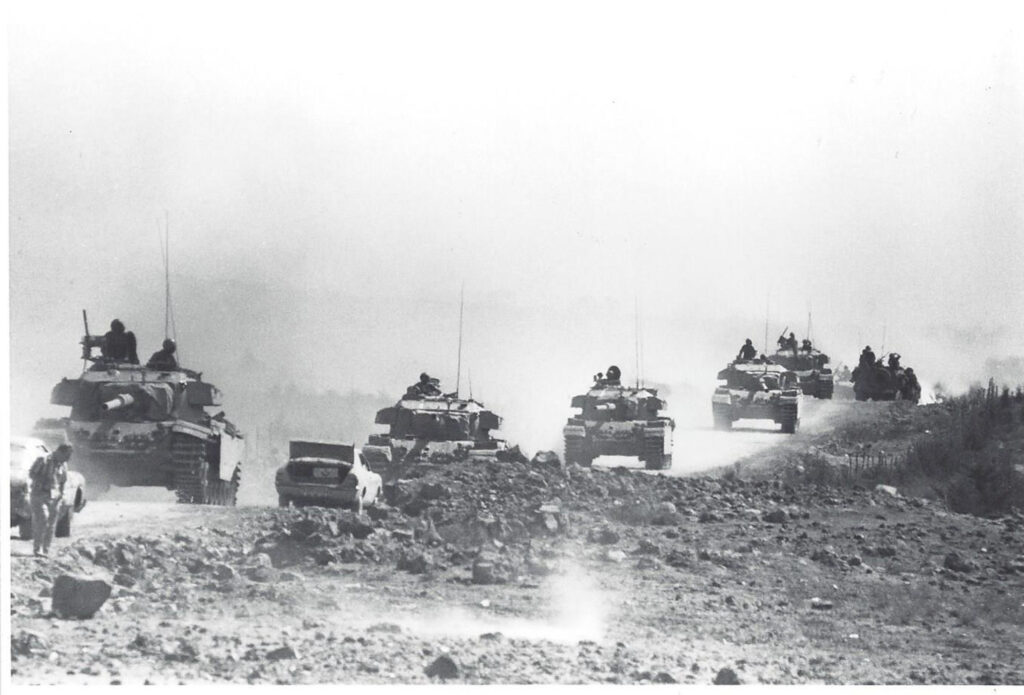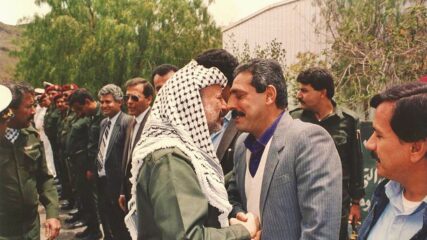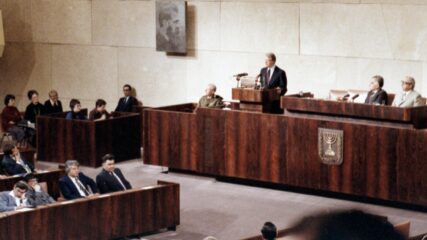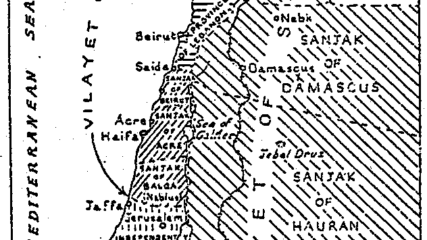Ken Stein
October 9, 2013
Many recollections remain from the Egyptian-Syrian surprise attack on Israel on Yom Kippur in 1973. The war set in motion a diplomatic process that eventually culminated in the 1979 Egyptian-Israeli Peace Treaty.
Recollections from the war include:
- Israel’s misreading of Arab military intentions;
- Israel not striking pre-emptively;
- Overwhelming numbers of Egyptian soldiers pouring across the Suez Canal;
- Syrian troops coming down the Golan Heights but stopping suddenly when they arrived at the B’not Ya’accov Bridge;
- Moscow and Washington sending military supplies to their allies;
- The Arab oil embargo on western countries;
- European countries refusing(except Portugal) to allow transports carrying military supplies from the United States to Israel to land for refueling;
- Israel’s morale starkly shaken;
- Arab euphoria from early war gains;
- Israel’s counter attacks that blocked the Syrian army on the Golan and injected Israeli forces across the canal;
- Two cease-fire resolutions not observed;
- Washington and Moscow going eye to eye in a threatened military confrontation, and then standing down;
- The war’s end with Egyptian and Israeli generals negotiating the cease-fire’s implementation 101 kilometers from Cairo;
- A December 1973 Geneva Middle East Peace Conference;
- A signing of an Egyptian-Israeli military disengagement agreement less than 100 days after the war started. Six years later, the Egyptian-Israeli Peace Treaty was signed.









